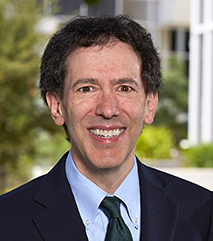Protecting the Most Vulnerable

Under long-standing ethical and legal principles, a person’s organs cannot be taken for transplantation after death without the person’s consent while alive or the family’s consent after death. But some states allow organs to be taken without personal or family consent when deceased patients have no family to speak for them. In a recent paper, Dr. David Orentlicher and co-authors call attention to the ethical concerns raised by this practice.
As a general matter, it is problematic to take people’s organs without their consent or the consent of their family. While one can argue that once a person has died and there have been no objections to organ donation, we should use the person’s organs to save other lives, it is important that we impose any duty to be an organ donor in a fair way.
Taking organs from patients without family to speak for them (the “unrepresented”) doesn’t treat these people fairly. First, they are the only people whose organs can be taken without consent. If we are going to abandon the requirement for consent, we should do so for everyone or no one. Second, the unrepresented typically suffer from homelessness, mental illness, or substance abuse, factors that generally make them unsuitable candidates for receiving an organ transplant while they are alive. It’s unjust to impose a duty to donate while at the same time denying an opportunity to receive.